PROJECT OVERVIEW
The Second Phase of Cool Contributions Fighting Climate Change (C4II) Project is a crucial initiative supporting the Philippines’ Nationally Determined Contribution (NDC) in the Refrigeration and Air Conditioning (RAC) sector. This phase primarily targets mitigation actions, emphasizing the shift towards environmentally-sound refrigerants, and air conditioning equipment, enhancing the energy performance of cooling appliances. The project aligns with Republic Act (RA) 11285, which legally establishes minimum energy performance standards (MEPS) and updates the Philippine Energy Labeling Program (PELP) to include refrigerant type and Global Warming Potential (GWP) information.
The C4II project recognizes the necessity for voluntary ecolabels alongside legally binding MEPS to drive market demand for environmentally preferable products. It aims to demonstrate the feasibility of ecolabel certification for local cooling appliances, develop ecolabelling criteria and Green Public Procurement (GPP) technical specifications for refrigeration and air conditioning equipment.
The urgency of this project stems from the increasing demand for cooling appliances in the Philippines due to rising temperatures and population growth, leading to a substantial increase in greenhouse gas emissions from the RAC sector. The C4II project addresses the environmental impact of cooling appliances, particularly those using ozone-depleting and climate-deteriorating substances, by promoting a shift to natural refrigerants with lower GWP.
The collective action proposed involves collaboration between the government, research institutions, private sector, and consumer groups. The commitment made at COP 26, pledging a 75% reduction in greenhouse gas emissions by 2030, underscores the significance of practical climate adaptation and mitigation strategies, aligning with the NDC goals.
R.A. 11285 and the Energy Efficiency and Conservation Roadmap guide the energy sector towards efficiency, with a specific focus on the PELP’s short-term goal to establish MEPS for energy-consuming products. The National Ecolabelling Programme – Green Choice Philippines, contributes to these goals by developing and revising criteria based on government laws, guidelines, and roadmaps, with a consultative approach involving professional experts. Consideration of studies such as the Green Public Procurement Technical Guidelines and Specifications for Energy-Efficient Refrigeration Appliances and Air Conditioners adds credibility to the environmental criteria.
Overall, the C4II project is essential for aligning the RAC sector with the Philippines’ climate goals, emphasizing regulatory measures, ecolabel certification, and sustainable procurement to mitigate the environmental impact of cooling technologies. Furthermore, this project is a strategic initiative to drive positive change within the cooling equipment industry, leveraging ecolabelling criteria to promote sustainability, innovation, and healthy competition. The lasting impact is emphasized through continuous improvement and the sustained application of criteria even beyond the project’s conclusion.
Expected Outcomes:
1. Competitive Industry Landscape
Trigger increased competition among businesses striving for energy efficiency and innovation within the RAC sector.
2. Market Shift towards Sustainability
Witness a substantial rise in the procurement of goods and services that adhere to environmentally-sound criteria, contributing to greening the RAC market.
3. GCP Seal of Approval Recognition
Establish the GCP Seal of Approval as a symbol of distinction for products meeting high environmental standards, enhancing consumer trust and preference.
4. Prevention of Greenwashing
Set stringent criteria to prevent greenwashing, ensuring that products endorsed with the GCP Seal genuinely align with environmentally sound principles.
5. Access to Criteria
Promote widespread adoption by providing the developed criteria to interested companies and manufacturers, fostering inclusivity and accessibility.
PROJECT OBJECTIVES
The goal of the proposed project is to showcase the viability of implementing ecolabel certification for locally available cooling appliances and equipment. This involves establishing a framework for evaluating and certifying the environmental performance of these products. The project aims to contribute to sustainability efforts by developing new criteria for assessing air conditioning appliances and equipment, ensuring that they meet specified environmental standards.
Additionally, the project seeks to create Green Public Procurement (GPP) criteria tailored to cooling equipment, with a specific focus on refrigerators and air conditioners. GPP criteria guide public sector organizations in making environmentally responsible purchasing decisions. By formulating criteria for cooling equipment, the project aims to promote the procurement of environmentally preferable appliances, thereby influencing the market towards more sustainable practices.
In summary, the project involves three key objectives:
- Demonstrating the feasibility of ecolabel certification for local cooling products;
- Establishing new criteria for air conditioning appliances; and
- Developing GPP criteria to encourage environmentally conscious procurement of cooling equipment, particularly refrigerators and air conditioners.
This holistic approach aims to foster sustainability within the cooling industry and contribute to broader environmental conservation goals.


